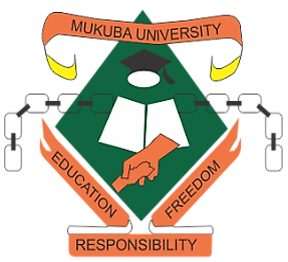PROGRAM COORDINATOR; Mrs. LUNGU, Josephine
INTRODUCTION
Mukuba University was offering Diploma programme in Home Economics when it was The Mukuba University, School of Applied Science and Technology aims to foster learning and developing academic excellence across a wide range of education fields. Home Economics Diploma will train Junior Secondary School teachers. The programme comprises components such as Food and Nutrition, Home Management, Fashion and Fabrics and Home Economics Teaching Methodology. The programme covers both the theoretical and practical basis of learning. A practical approach will be made to enhance professional aspects in teaching and learning of Home Economics.
RATIONALE
Through this programme, the students will be equipped with the necessary knowledge, skills, values and attitudes to effectively carry out roles of a Junior Secondary School teacher. The Home Economics Diploma is important as it will enable the graduates to teach at Junior Secondary School level as stipulated in the National Education Policy 1996. Zambia through the Ministry of Education is prioritizing Vocational Education through the alignment of the Education System towards technical, vocational and entrepreneurship education to impart youths with appropriate skills that will allow apply themselves responsibly in the 21st century. Furthermore, the programme will enable the school to produce a student with a concrete foundation to proceed to a degree level.
AIMS OF THE PROGRAM
The aim of the program is to develop a clear and practical understanding of the student’s responsibilities to their pupils, schools, local communities and the nation. They should acquire acceptable social attitudes, good work habits and the ability to adapt and relate their knowledge to a changing Zambian and global environment.
At the end of the course, the student should be able to:
- Understand and acquire appropriate home-making skills such as planning, preparation and serving of suitable and attractive meals, making and caring for clothing.
- Furnish and manage family finances.
- Relate Home Economics with other subjects like Science, Mathematics, Agricultural Science, Arts and Crafts.
- Use household gadgets correctly and safely.
- Adapt available resources to Home Economics subjects, adjust and apply these to varying local conditions.
- Appraise, select and use appropriate teaching strategies
- Demonstrate understanding of cross cutting issues such as HIV/AIDS, gender and environmental issues.
- Demonstrate the importance of good living to the family, school, the school, the community, the nation and the world at large.
